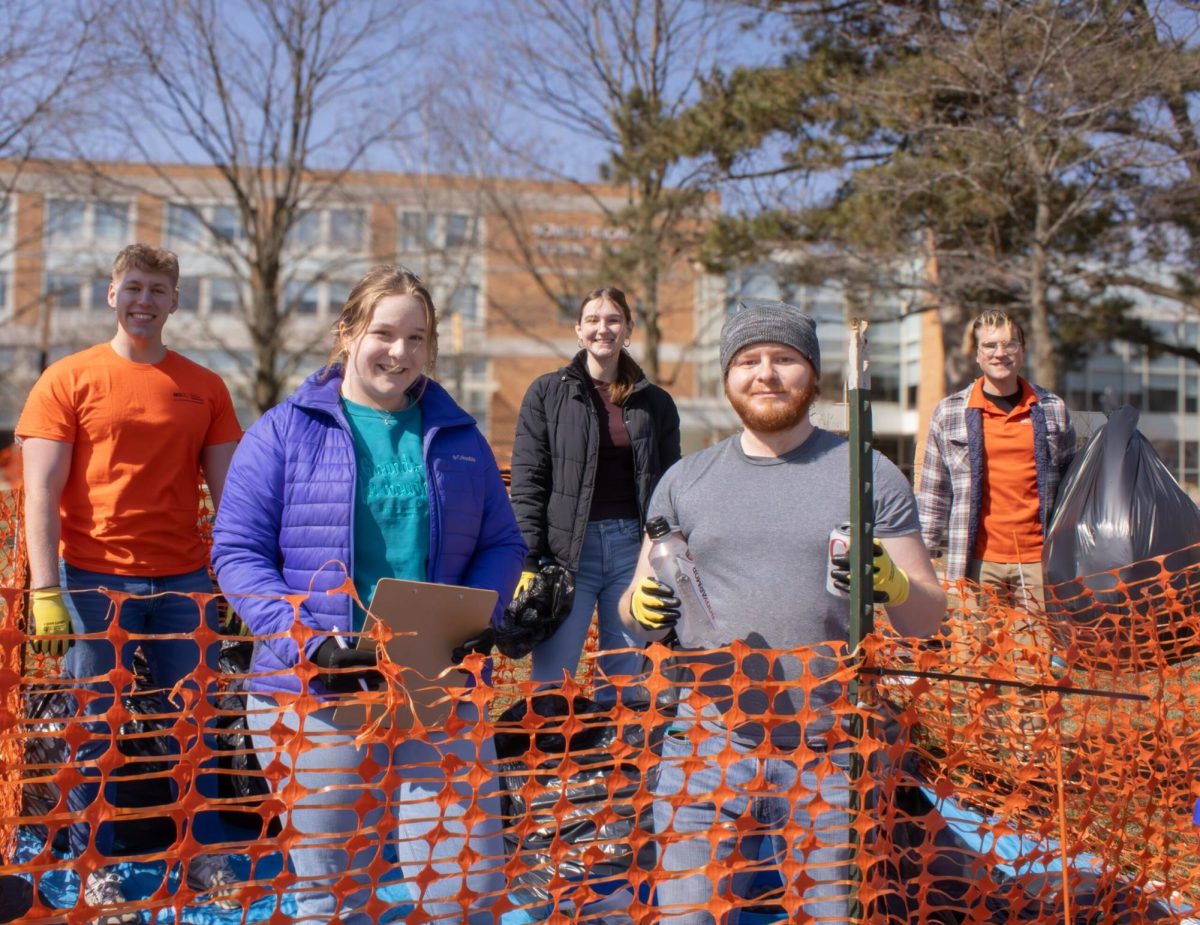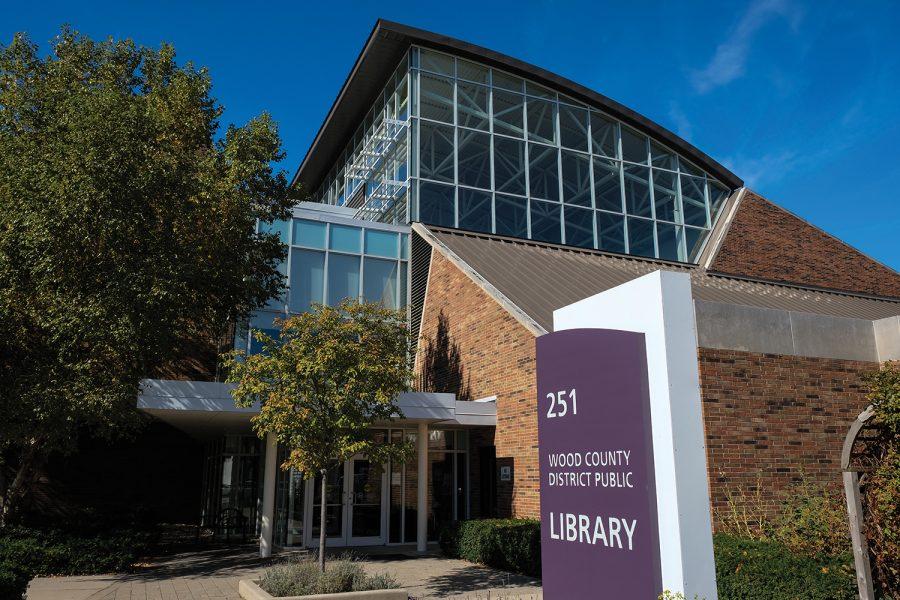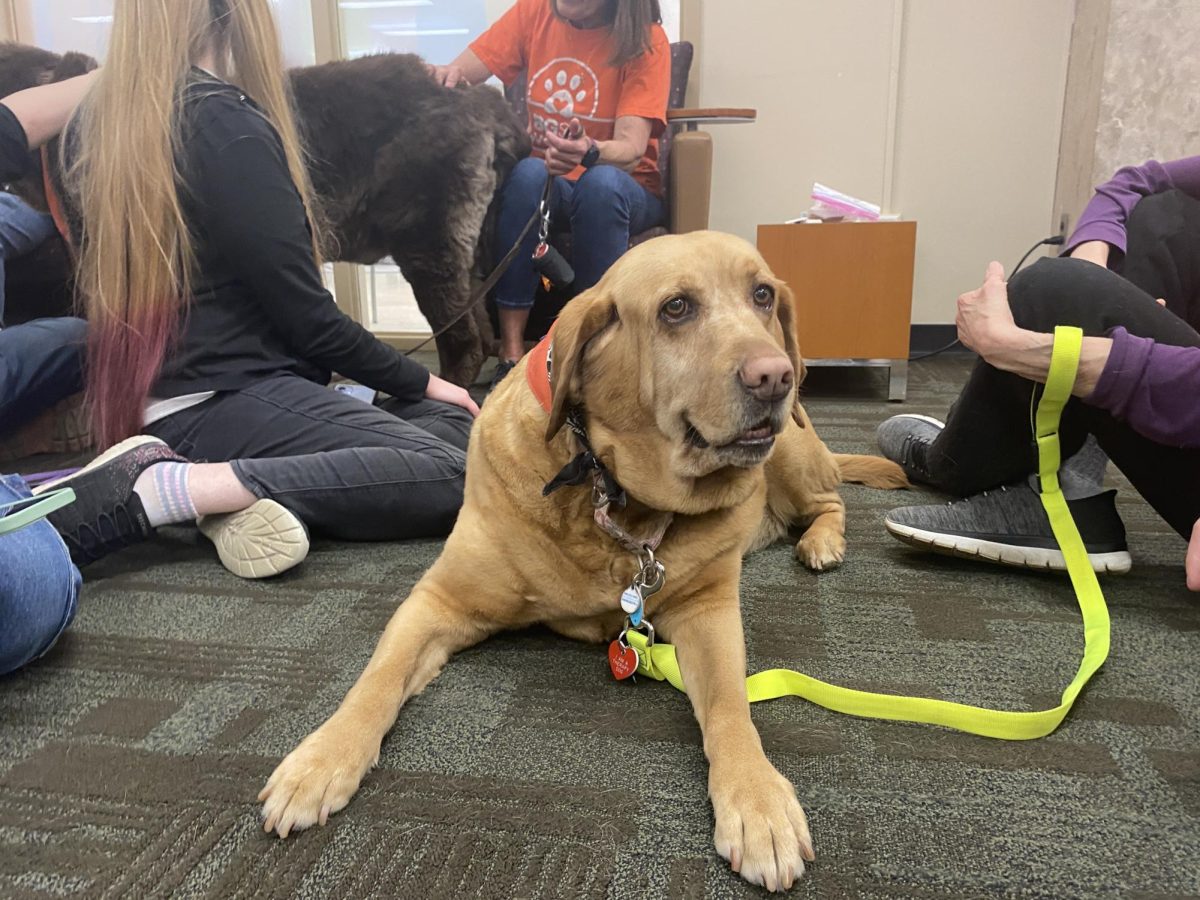The stress of finals is about to begin, and a recent study from the University’s psychology department supports that other struggles can exacerbate stress and other mental health issues.
Alumna Dr. Carmen Oemig Dworsky, along with research assistant and third-year psychology graduate student Serena Wong, provided some insight into their study on spiritual struggles and mental health. Dr. Ken Pargament of the BGSU Psychology Department and Dr. Julie Exline at Case Western University were co-authors of the study. While working toward their doctorates in clinical psychology, they specialized in the psychology of spirituality and religion.
The research from their study, along with the research they have compiled from other studies, showed that college students are just as prone to spiritual struggles as most adults.
When people go to college, it’s often a time when they go through various changes in their lifestyle and thinking. For some, these changes may include the challenge of spiritual struggles.
“Spirituality is a part of people,” Dworsky said. “It can provide coping resources for mental health issues or just daily life, but it has another side too. People can struggle when they’re facing certain conflicts.”
Spiritual struggles may stem from a questioning of one’s beliefs, a lack of understanding of other spiritual practices, wondering about the meaning of life or even one’s interpretation of a higher power. There are countless more examples that are specific to people across all forms of spirituality, or spiritual struggles that have the potential to affect everyone.
Dworsky and Wong worked with their colleagues to discover that suppressing spiritual struggles can have an adverse effect on a person’s mental health. Someone can be religious or non-religious and still experience a spiritual struggle – in fact, many of the people in their study did not have a particular religious affiliation.
If someone carries on a habit of avoiding any struggle, more issues begin to arise. This study noted things like increased depression, anxiety and an increased likelihood to experience more spiritual struggles. Other studies have concluded that college aged people are likely to experience spiritual struggles as well.
“A study by Astin and colleagues included college freshman from over 200 colleges,” Dworsky said. “They found that about 48 percent identified themselves as doubting, seeking or conflicted with respect to religious or spiritual issues.”
Recent studies suggest many college students are likely to experience spiritual struggles. Young adults experience the greatest amount.
“A national data set found that emerging adults are the group that experiences the most amount of spiritual struggles, more than middle aged persons and older individuals,” Wong said.
Dworsky and Wong warned that avoiding spiritual struggles can make other problems worse. If a student is worrying about paying for college or studying for exams, the stress they experience can be increased if they avoid resolving a spiritual struggle.
They urged students to be open about their spiritual struggles. Simply speaking about these problems with trusted people, in a safe non-judgmental space, can help individuals move through them.
“College provides this great platform to cultivate the spirit and explore these issues with other people,” Wong said.
However, Dworsky explained that the college environment may invoke spiritual struggles for some.
“In addition to having these resources, it’s also a time of transition,” Dworsky said. “Some people are leaving home for the first time and encountering people of different faiths, backgrounds and beliefs.”
Moving to college may cause a student to lose the support system they have known for most of their lives. When that support system is a place of worship or a religious community, the change can bring on spiritual struggles.
“A national data set found that emerging adults are the group that experiences the most amount of spiritual struggles…”
Serena Wong
Assistant Researcher
Students at the University can make use of on-campus services to cope with their spiritual struggles. An outside therapist can also help. Dworsky advised students to mention they are experiencing a spiritual struggle when arranging to see a provider, as that fact may aide in finding the right counselor for you.
Counseling services are available through the Counseling Center on campus, and the University has an online service to find a counselor that fits a student’s individual needs. Call 419-372-2081 for office hours and walk-in hours.
There are also counseling services through the psychology department. Those experiencing a psychological crisis, feeling suicidal or feeling homicidal can call The Link at (419) 352-1545 or 1-800-472-9411.



















